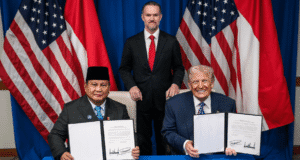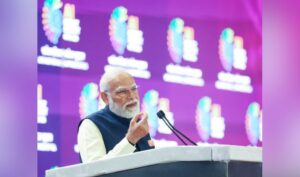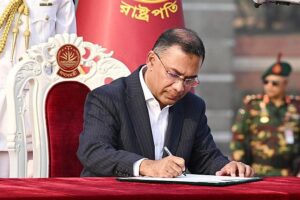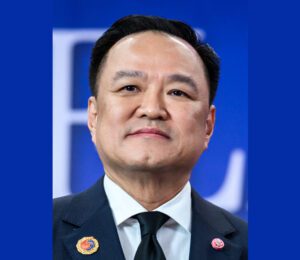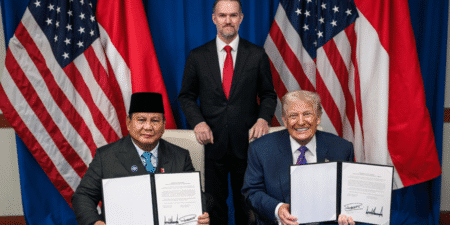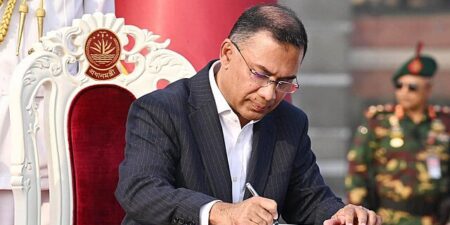
Thailand Faces Unstable Political Environment as Court Decides Prime Minister’s Fate
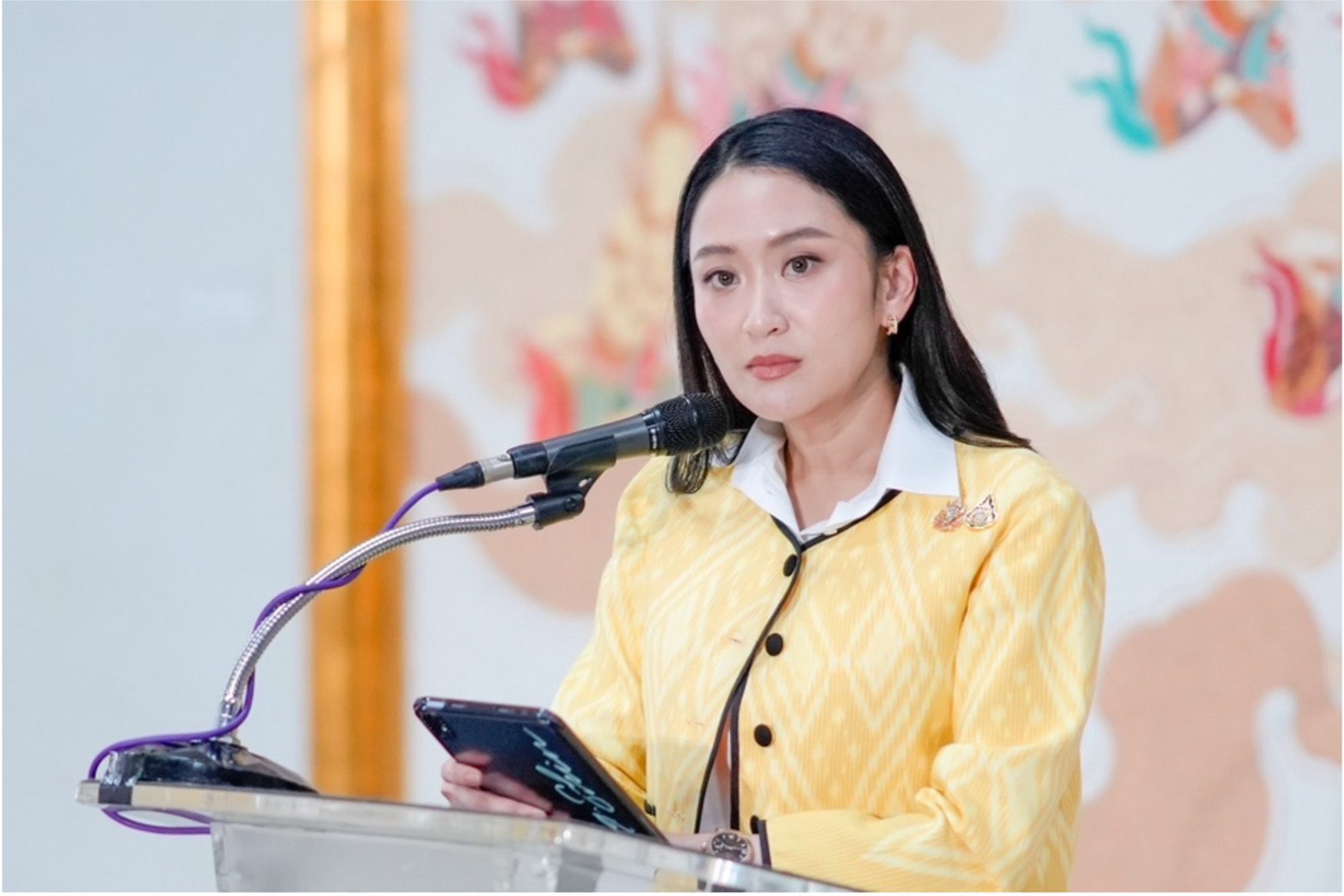
BGA Senior Advisor Dr. Thitinan Pongsudhirak wrote an update to clients on the current political instability in Thailand.
After satisfactory tariff talks with United States trade officials that lowered import duties from 36 percent to the new rate of 19-20 percent for most of Southeast Asian economies, Thailand is beset with a portentous political environment that is murky in all directions, compounded by the drumbeat of nationalism and war with Cambodia. Prime Minister Paetongtarn Shinawatra, who is under suspension from office on an ethics charge for her damaging phone call on June 15 with former Cambodian Prime Minister Hun Sen, will have her fate decided August 29, when the Constitutional Court is set to rule on her case. Her chances of survival are slim to nil.
Context
- Combined with Thaksin Shinawatra’s two criminal court cases on alleged royal defamation and violation of his jail conditions after returning from 15 years in exile in August 2023, the Shinawatra family’s dominant era in Thai politics over the past 25 years is winding down. Establishment forces have prevailed at the cost of the country’s concurrent political paralysis and economic stagnation. As a result, Thai politics will be unsettled and unstable in the coming weeks, with the government likely to change either with or without a new poll (see BGA’s July 1 update).
- Paetongtarn’s political standing was already weak even before the Hun Sen phone call, which furtively recorded her calling him “uncle” while offering to meet his demands in return for calmer relations and antagonizing a top Thai army commander in the process. Thaksin accepted a deal from the established centers of power, but it left him and his Pheu Thai party in a vulnerable position. The Thaksin camp’s prospects were bleak from the outset, notwithstanding policy attempts to boost domestic consumption with a THB 10,000 ($300) baht digital wallet scheme, build a land bridge in southern Thailand to connect the Pacific and Indian oceans and strike bilateral free trade agreements. The conservative establishment, which may not be monolithic, was intent on getting rid of the reform threat posed by the Move Forward party, which won the May 2023 poll, not on giving Thaksin’s Pheu Thai-led government free rein to run the economy.
Significance
- Pheu Thai’s first prime minister, Srettha Thavisin, was ousted for a minor cabinet reshuffle in August 2024. Paetongtarn succeeded him and is now facing a similar demise a year later. If she somehow is let off by the court, her continuity in office will be hobbled by a lackluster performance, anti-Thaksin street protests and other charges that could still bring her down later. Moreover, the Hun Sen gambit has disgraced Paetongtarn in the eyes of the Thai public. It also became the basis of Bhumjaithai party’s withdrawal from her coalition government, leaving it with a slim and rickety majority. In effect, Paetongtarn is politically spent.
- Thaksin’s two cases are also ominous. The royal defamation verdict on August 22 for media remarks he made in Korea in 2015 could be appealed but the violation of jail terms to be decided by the Supreme Court September 9 will be final. It could plausibly send him to jail. Thaksin’s rural base of “red shirts” against the conservative-royalist “yellows” are no longer behind him because he joined the establishment, even donning yellow these days as a show of loyalty.
- Pheu Thai’s third and last eligible candidate for prime minister is Chaikasem Nitisiri, but he comes across as uncompelling, unappealing and relatively unknown, with no base within the ruling party and no face recognition with the public. While it is second to the opposition People’s Party (Move Forward’s successor after its dissolution) in parliamentary strength, Pheu Thai still has more members of Parliament than other coalition partners and Bhumjaithai, which is in the opposition for the first time. Pheu Thai will likely try to have Chaikasem, despite his shortcomings, stay in office and occupy cabinet portfolios for pork-barreling and patronage before going to the polls again. But Pheu Thai has lost leverage because of Paetongtarn’s and Thaksin’s legal and constitutional constraints. With the odds stacked against Pheu Thai, it would be surprising if Chaikasem ends up with the premiership.
Implications
- The only other two viable candidates are Bhumjaithai’s Anutin Charnvirakul and Prayut Chan-o-cha, the chief coup-maker in 2014 who formerly led the United Thai Nation party and is now a privy councilor in the palace. Anutin has a chance, but his impediment is Bhumjaithai’s dispute with Pheu Thai over cabinet appointments. Pheu Thai also has gone after Bhumjaithai for illegal encroachment of public forest reserves and manipulation of Senate elections last year. But despite the lingering tensions between the party leaders, they can still line up behind Anutin if the jockeying of cabinet choices can be worked out, perhaps with preferential signaling from the powers that be. Being in government for them is still better than facing a new poll that the People’s Party is expected to win convincingly.
- While his name has been floated by conservatives as a potential stop-gap measure, Prayut would take a lot of risks by giving up his place in the Privy Council and reentering the political fray where he could be grilled for past misdeeds and allegations of conflicts of interest. Taking up a political office after being a privy councilor — a precedent was set after the September 2006 coup when a privy councilor took a 15-month premiership secondment — could also compromise the palace for being overtly connected to politics. It would be surprising if Prayut opts for the premiership.
- A new poll could take place to break the impasse, but it is unclear who has authority to dissolve the National Assembly. Paetongtarn is in limbo, and acting Prime Minister Phumtham Wechayachai may be contested by a court filing if he tries. Thailand’s political outlook in the foreseeable term will thus be in the hands of the courts in conjunction with the military, whose political fortune has increased even more following the border war with Cambodia, perhaps activated by signaling from the powers that be. Business planners should be aware of Thailand’s heightened political uncertainty and volatility with a lack of clear policy directions, notwithstanding niche and sectoral opportunities that may be available to discerning investors.
We will continue to keep you updated on developments in Thailand as they occur. If you have comments or questions, please contact BGA Senior Adviser Thitinan Pongsudhirak at thitinan@bowergroupasia.com or BGA Thailand Managing Director Teerasak “Art” Siripant at tsiripant@bowergroupasia.com.
Best regards,
BGA Thailand Team

Dr. Thitinan Pongsudhirak
Senior Advisor
















